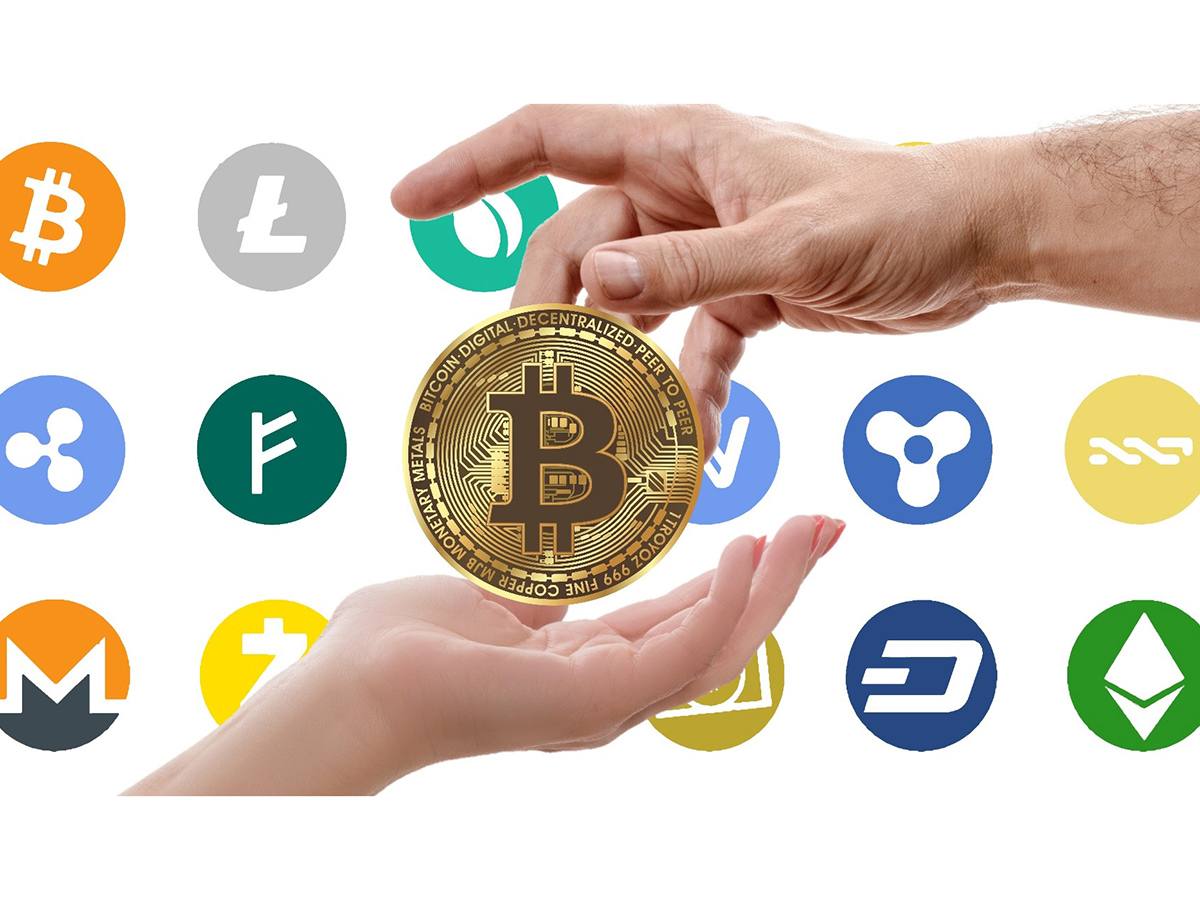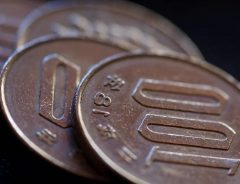
Source: voytek pavlik [CC0]
Japan’s cash addiction is coming to an end and here is what you need to know
- Tags:
- cryptocurrency / e-cash / e-currency
Related Article
-

World’s first NFTs of Vtuber visual assets go on sale; Cocoa Domyoji & Saki Ashizawa in Round 1
-

Otaku Coin: The Cryptocurrency That Could Save the Otaku Industry – Interview (Part 1)
-

Fearing Chinese advantage, Japan lurches towards digital currency and electronic payments
-

Gashapon capsule machines in Japan to accept both coins and cashless payment
-

During pandemic, Japanese investors shy away from Bitcoin, cryptocurrencies and save cash
-

All in on Bitcoin: LINE, Rakuten & others bet on future of Facebook’s Libra and cryptocurrencies


Crypto in a cash-clutching country
In Japan, cash is king. Many stores do not accept plastic and forget using a personal check. In this country, streets are safe, and ATMs are reliable. While Westerners may find it nerve-racking, residents feel comfortable carrying large amounts of cash. Even while carrying their monthly wage come pay-day. Customers also reliably use cash for big-ticket purchases. In several cases, it’s the only option available.
In 2017, Bitcoin rose to dramatic heights. Japan, like most of Asia, was swept up in the excitement. The government quickly designated it as legal tender, and marketers promoted it in many places. The nation saw Bitcoin ATMs, online exchanges, and even digital currency dancers. “Don’t forget to pay the taxman,” the Crypto Currency Girls idol group chided.
After the crash
But what goes up must come down. After the 2018 crypto crash, burnt speculators moved on, and the average consumer received a valuable secondhand lesson on investing. Beware of pop-culture assets. Bitcoin became something considered unreliable and even dangerous. Despite its best efforts, digital money lost out.
Or did it? After the mania, consumers were beholden to notice several new payment options cropping up at convenience stores and retail shops. LINE Pay was introduced in the popular messaging app of the same name, and PayPay signs went up in retail store windows. Throughout 2018, the number of digital payments rose 24% [1].
Cash or digital?
Yet, Japan seems to be unable to make up its mind: cash or digital payments. Consumers use eCash in only 2% of transactions even though the technology was developed in part here. Also, the roll-out of digital payment services has, at times, been disastrous [2]. The mobile payment service 7pay and the cryptocurrency exchange Coincheck suffered hacks and staggering monetary losses. In either case, the companies failed to implement basic security measures and were thereby exploited.
Japanese consumers are notably risk-averse. In the light of negative headlines, it's understandable for users to second-guess the technology underlying digital currencies. Furthermore, a large portion of the population is middle age or senior. Neither group is markedly tech-savvy. Will Japan simply ignore a payment trend sweeping the globe?
Government incentives
That doesn't seem likely. In fact, the Japanese government is highly motivated to foster adoption. In order to do so, it's offering tax rebates to companies and individuals who utilize digital payments. According to the government, the aim is to streamline commerce while doing away with costly ATMs. Furthermore, they want businesses primed to accept digital payments during the 2020 Olympics [3].
The government fails to highlight other, less palatable incentives. Digital fiat cash payments allow for efficient and detailed tracking of consumer and business spending. An integrated infrastructure would also streamline recordkeeping and taxation. While none of these effects sound particularly malicious, they will increase the monitoring capabilities of the state. Government revenue from non-fiat cryptocurrencies also stands to be substantial. In some cases, crypto transactions and capital gains are subject to taxation rates over 50% [4].
Over the past few years, the dark side of big data has become more apparent. Hacks of financial services significantly expose users' personal data. Purchase tracking can also create deleterious dossiers. As an example, consumers’ shopping habits could be automatically audited. Under certain circumstances, they could be denied the freedom to make particular transactions. Transacting across borders could also be problematic. The accounting will be done automatically, and consumers could be taxed by two or more governmental bodies. They would likely have little recourse to debate undue taxation [5]. As Japan increasingly becomes a one-party political situation, it’s easy to imagine this kind of government overreach going unchecked.
A happy middle?
In the near- to midterm, a mixed system of fiat currency and various eCash services seem likely. Nevertheless, there may be unseen economic effects. Japan has long endured a deflationary period. The implementation of negative interest rates could be expedited in such a digital cash environment. Such a system forces consumers and businesses to pay to hold money. Mixed with quantitative easing and Japan's huge debt load, domestic asset value, and the accessibility of foreign asset value may be negatively impacted. Under adverse circumstances, this could cause more deflation and a host of other problems [8].
Perhaps that's why cryptocurrency generation, a process called mining, is experiencing a renewed interest in Japan [5]. Cryptocurrencies like Bitcoin can be used as a currency or security. Since Japan has outlawed the use and trade of privacy coins, cryptocurrencies that protect anonymity, miners are mostly concerned with accumulating equity-like currencies. These may be subject to monitoring and excessive taxation, but would not be directly affected by domestic economic forces.
So far, the adoption of digital payment services and cryptocurrencies is steadily moving forward, even if at a snail’s pace. Digital payments at convenience stores jumped 60% after the latest round of consumption tax hikes in October. General adoption stands at about 20% and growing compared to 90% in South Korea and 60% in China [6].
For the time being, cash will remain the de facto method of payment. There is a steep learning curve to electronic payments for individuals and businesses, and the cash in circulation accounts for 20% of Japan's GDP. This is comparatively large when compared to China (9.5%) or Europe(10.7%) [7]. Regardless, tourists and residents alike will have to adjust to the evolving financial landscape in Japan.